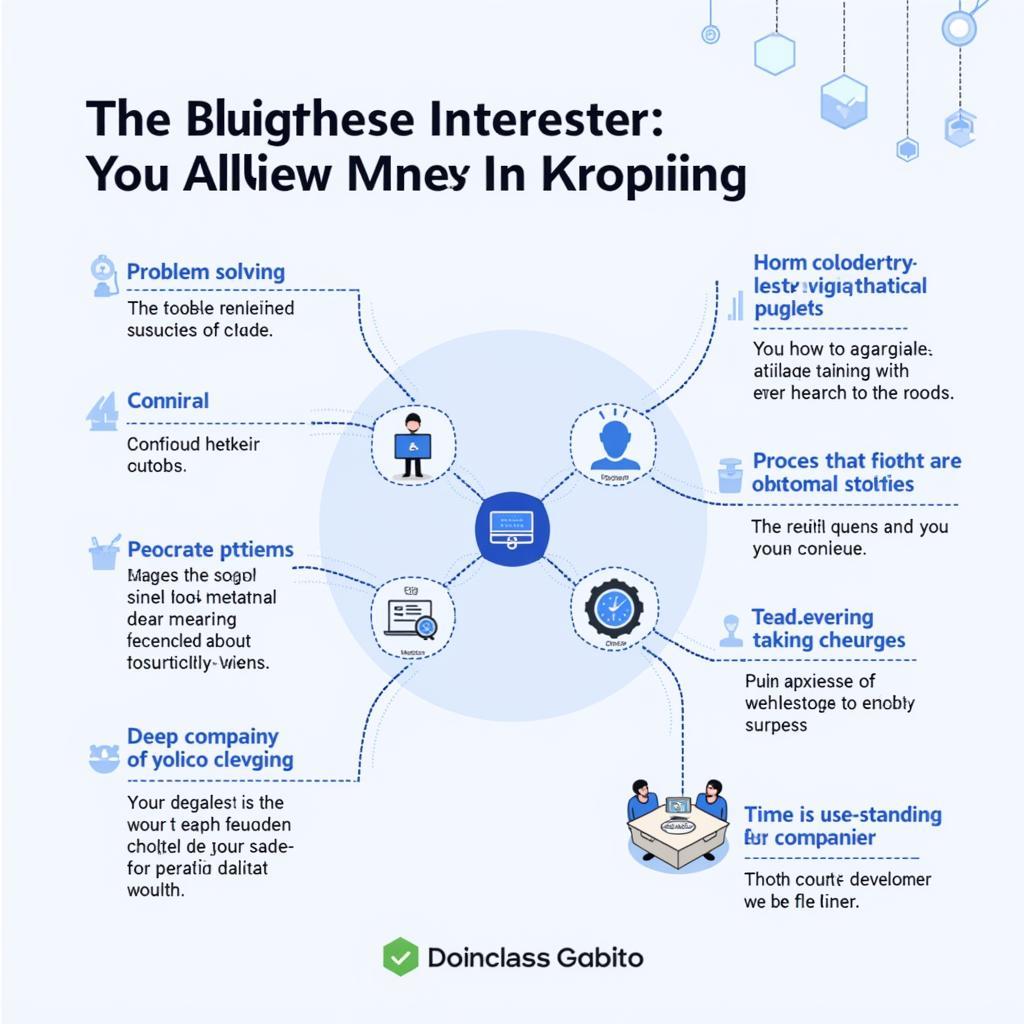Are internal tools development roles a career deadend? Many developers worry that specializing in internal tools will limit their career growth and marketability. This article explores the truth behind this concern, examining both the potential drawbacks and the surprising advantages of focusing on internal tools development.
The Perceived Downsides of Internal Tools Development
Some developers perceive internal tools development as a less prestigious career path. They believe it can lead to becoming overly specialized in a company’s specific systems, making it difficult to transition to other organizations or keep up with evolving technologies. This perceived lack of transferable skills can fuel the fear of being pigeonholed and reaching a career plateau.
Skill Stagnation and Marketability Concerns
One major concern is the potential for skill stagnation. Working solely with internal tools might limit exposure to cutting-edge technologies and industry best practices. This can make it challenging to compete with developers who have broader experience in external-facing products and popular frameworks. This perceived limitation in skills can make transitioning to a new role or company more difficult, contributing to the “deadend” narrative.
Debunking the Myth: The Untapped Potential of Internal Tools
However, the perception of internal tools as a career deadend is often misleading. Focusing on internal tools can be a strategic move, offering unique opportunities for growth and specialization.
Becoming an Invaluable Asset
Developing internal tools allows developers to deeply understand the inner workings of their organization. This intimate knowledge of the company’s processes and systems can make them indispensable assets. By streamlining workflows and improving efficiency, internal tools developers contribute directly to the company’s success, earning recognition and influence.
Specialized Expertise and Career Advancement
Rather than being a limitation, specialization in internal tools can be a springboard for career advancement within the organization. As companies become increasingly reliant on internal tools for their operations, the demand for skilled developers in this area continues to grow. This demand translates into greater job security and potential for leadership roles within the internal tools team.
Is Internal Tools Development Right for You?
The decision of whether to focus on internal tools depends on individual career goals and preferences.
Identifying Your Strengths and Interests
If you enjoy problem-solving, optimizing processes, and working closely with different teams within an organization, internal tools development might be a good fit.  Key skills and interests of an internal tools developer It’s crucial to evaluate your own strengths and interests to determine if this career path aligns with your long-term aspirations.
Key skills and interests of an internal tools developer It’s crucial to evaluate your own strengths and interests to determine if this career path aligns with your long-term aspirations.
Conclusion: Internal Tools Development – A Strategic Career Choice
Internal tools development is not a career deadend, but rather a strategic career choice that offers unique opportunities. While concerns about skill stagnation and marketability are valid, the benefits of specialized expertise and becoming an invaluable asset within an organization can outweigh the perceived drawbacks. By carefully considering your career goals and leveraging the potential of internal tools, developers can carve a successful and fulfilling career path.
FAQs
- What are internal tools?
- How can I improve my marketability as an internal tools developer?
- What are the career progression opportunities in internal tools development?
- What programming languages are commonly used for internal tools?
- How can I transition from external-facing development to internal tools?
- What are the key skills needed for an internal tools developer?
- How can I contribute to the success of my company as an internal tools developer?
Need support? Contact us via WhatsApp: +1(641)206-8880, Email: [email protected] or visit us at 910 Cedar Lane, Chicago, IL 60605, USA. Our customer service team is available 24/7.
